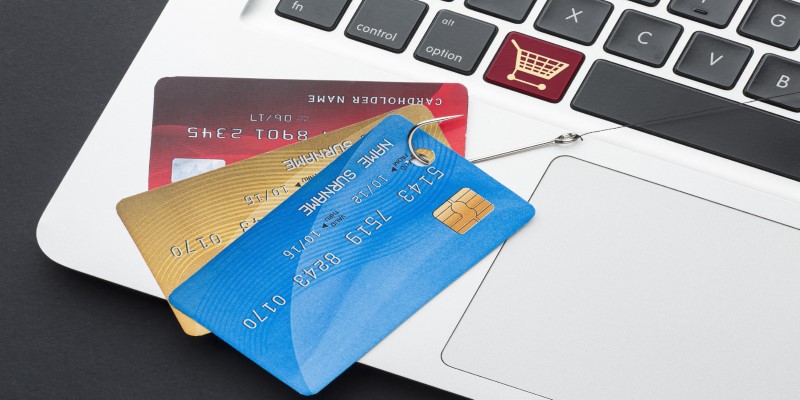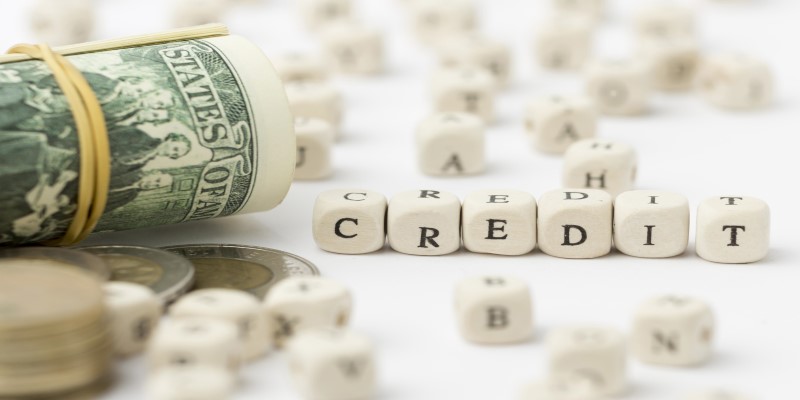Picture this: You've stumbled upon your dream home, the ideal car, or an unparalleled business prospect. Excitement courses through you, but there's a minor hiccup – the requisite down payment. In these instances, a pressing question emerges: Can a credit card be the solution to your down payment needs?
Let's dissect this financial puzzle, delving into the intricacies of leveraging your plastic companion for purposes beyond everyday transactions. Discovering the viability of using a credit card for significant payments adds a layer of financial insight to your decision-making process.
Understanding the Basics
Before we embark on the intricate journey of financial nuances, let's firmly grasp the foundational concepts. A down payment, a substantial upfront sum, is the fiscal handshake accompanying significant purchases, frequently entwined with loans or high-value acquisitions.
Conversely, a credit card serves as a financial Swiss Army knife, granting you the capacity to borrow within predefined limits, with an obligation to repay within a stipulated timeframe. Now, the pivotal question looms: Can these two financial realms seamlessly converge, creating a harmonious alliance in the pursuit of substantial transactions?
The Credit Card Conundrum
Navigating the intersection of Down Payments and Credit Cards requires a keen understanding of the dynamics at play.
Credit Card Usage for Down Payments
Using a credit card for a down payment might seem like a convenient solution at first glance. After all, it's a readily available line of credit, and the process is as simple as swiping your card, right? Well, not so fast.
While some sellers or service providers may accept Credit Cards for Down Payments, it's not a universal rule. Real estate transactions, for instance, often involve substantial sums that may surpass typical credit card limits. Moreover, some sellers may be wary of credit card transactions due to the associated fees, cutting into their profit margins.
Credit Limits and Practicality
Before casting your credit card as a financial savior for Down Payments, scrutinize its credit limit. Should your envisioned purchase surpass this limit, you risk finding yourself in a financial bind. Moreover, pushing your credit card to its limits can adversely affect your credit score, potentially casting a shadow over future financial ventures and opportunities.

It's imperative to weigh the allure of immediate gratification against the lasting impact on your financial standing.
Interest Rates and Repayment
Credit Cards come with Interest Rates, often less forgiving than a friendly gesture. Failing to swiftly settle your down payment can inflate costs, transforming your purchase into a substantially pricier venture over time.
It's imperative to meticulously evaluate the borrowing expenses in relation to the immediacy of your acquisition, ensuring your financial decisions align with both your short-term needs and long-term goals.
The Risks Involved
As we unravel the risks associated with using Credit Cards for Down Payments, it becomes evident that a cautious approach is paramount.
High-Interest Debt
A significant peril associated with utilizing a credit card for a down payment lies in the prospect of accumulating substantial high-interest debt. Should timely repayment be unattainable, you may find yourself trapped in a relentless cycle of debt, witnessing interest accumulate and compound over an extended period, exacerbating the financial burden.
Credit Score Impact
Exhausting your credit card limit or maintaining a substantial balance can detrimentally affect your credit score. Lenders carefully examine your credit utilization ratio, which is the ratio of your credit card balances to your credit limits.
A heightened ratio may indicate financial strain, jeopardizing your chances of securing favorable Interest Rates for subsequent loans. Safeguarding your credit score involves mindful management of this delicate balance to foster better financial prospects.
Limited Acceptance
Notably, not every seller or service provider embraces Credit Cards for Down Payments. This constraint not only limits your avenues but also poses a potential obstacle to realizing your intended purchase. The absence of universal acceptance may require you to explore alternative payment methods, emphasizing the need for flexibility and proactive communication with the involved parties.
Alternatives and Considerations
Amidst the credit card conundrum, exploring alternatives and considerations becomes crucial to making informed and sustainable financial decisions.
Personal Loans

If the notion of utilizing a credit card for a down payment appears unfeasible, it's worthwhile to delve into the realm of personal loans. Personal loans, characterized by fixed Interest Rates and well-defined repayment structures, offer a more foreseeable financial landscape.
This alternative ensures stability and allows for a clearer understanding of your financial commitments, making it a prudent choice when conventional credit card transactions may not be the most suitable option.
Emergency Fund Utilization
While it's ideal for a down payment to be sourced from savings or an emergency fund rather than resorting to credit, utilizing your emergency fund may feel like a less comfortable option. However, this approach proves prudent as it sidesteps the potential pitfalls often linked to credit card debt, providing a more stable financial foundation during significant transactions.
Negotiation and Communication
Don't hastily discard the notion of a down payment; instead, delve into negotiations and foster open communication with sellers or service providers. Some may be amenable to flexible terms or alternative payment arrangements, allowing for a more tailored and agreeable financial arrangement that aligns with both parties' needs.
Conclusion
In conclusion, while the idea of putting a down payment on a credit card might seem like a quick fix, it comes with its fair share of challenges and risks. Before taking this route, carefully assess your financial situation, the feasibility of using a credit card, and the long-term implications on your credit and overall financial health.
Remember, financial decisions are not one-size-fits-all. Each individual's circumstances are unique, and what works for one may not work for another. If in doubt, seek the advice of financial professionals who can provide personalized guidance based on your specific situation.



